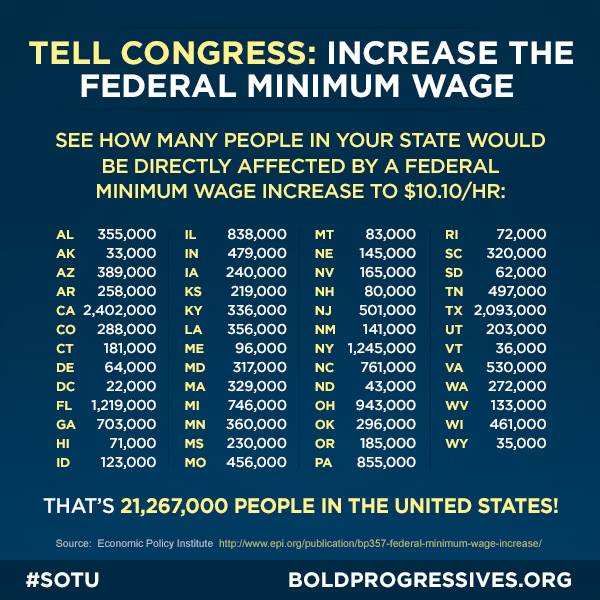Around the time Obama was
running for reelection, a new American victimization emerged that seemed
borderline absurd (New
Yorker). The one percenters were apparently upset that Obama wasn’t
respected them enough. It wasn’t enough that they had seen a rise in income of
over 500 percent, while the rest of the country saw relatively flat wages over
the past 30 years, that the dreaded federal inheritance (aka “death”) tax had
been eliminated (ensuring they could ensure the prosperity of their children),
that Wall Street was recording record income as millions lost their jobs and
homes, that their interests were saved in the financial crisis many of them
caused and that Citizens United essentially ended campaign finance reform. No,
the rich wanted to be not only respected but loved.
And with one party in their
pocket and another largely incumbent to their interests, the second term has seen
little change in the growing Plutocracy. Poverty is near record levels so let’s
cut food stamps. Healthcare costs are still skyrocketing, but let’s do
everything we can to stop Obamacare, even as it is starting to do its work.
Unemployment remains historically high, with many additions to the dreaded “long-term”
category, so let’s cut their benefits and usher them into real poverty. And
those previously mentioned flat wages have been particularly stinging to the
working poor, so let’s block any rise to the minimum wage. At the same time,
there is a continued push to ensure no new regulations of Wall Street or
corporate malfeasance occur, that worker’s rights are not protected, that taxes
continue to be cut and that media and maybe soon the Internet come under
further elite control (the EU and U.S. are close to ending Net Neutrality, even
after all the pushback).
Each of these positions is
based on pure self-interest – not pure ideological commitments, as the elite
media likes to claim. Ideological commitments are still present, particularly
among many conservative politicians and pundits, but ultimately it is support
for corporate and elite interests at the expense of everyone else. Cutting food
stamps ultimately provides more money for corporate welfare and ultimately, a
call for further tax cuts. The same can be said of unemployment benefit
cessation, with the added benefit of forcing the unemployed to take any job,
flooding the market with a larger labor pool and putting further downward
pressure on wages. Reducing healthcare costs reduces healthcare profits, with
many in the industry counting themselves among the one percent, or its
supporting managerial class. And privatization and deregulation support the
power of the market to undermine the will of the people and democracy.
The following chart shows one
result of this agenda, the number of people who would benefit from a raise of
the minimum wage. Yes, that’s 21 million who would see an improvement in
quality of life, and would actually help the economy overall, as they are apt
to spend that additional disposable income.


No comments:
Post a Comment